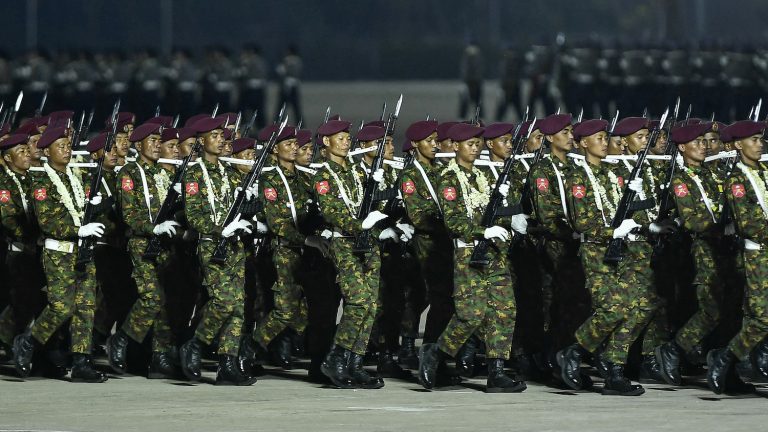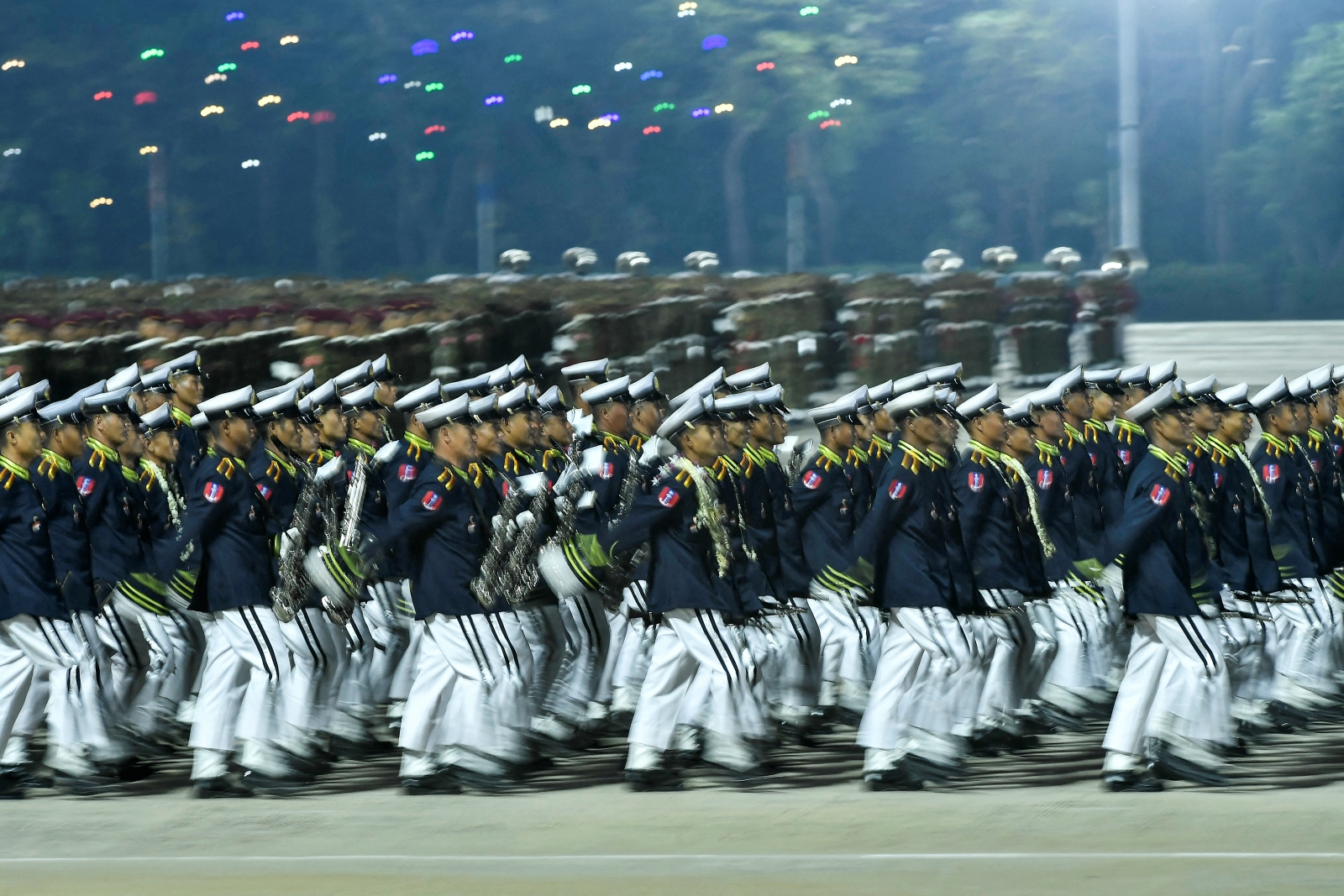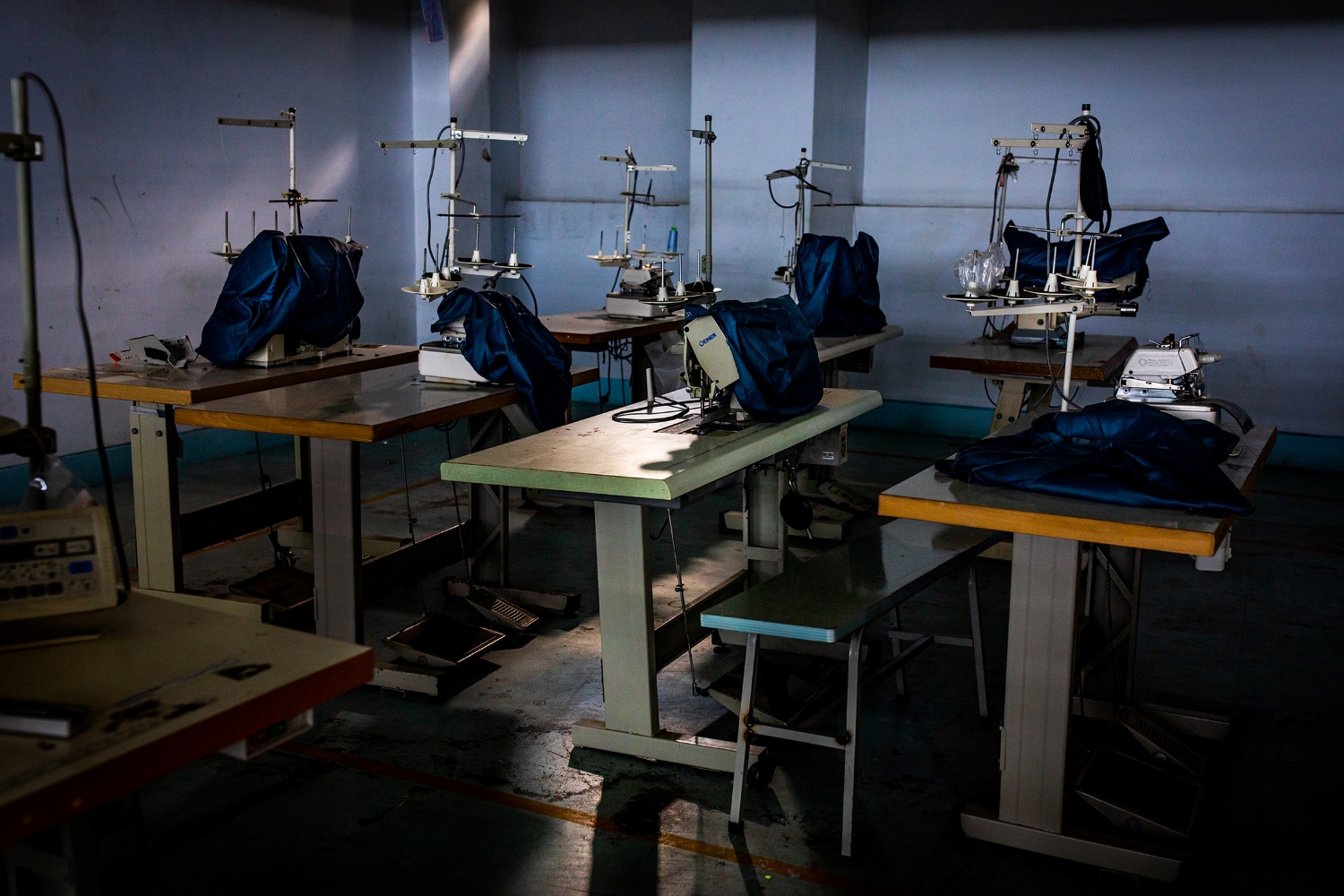The Constitutional Tribunal is in a stronger position to fulfill its mandate after enduring controversy not of its making under the outgoing government.
By SITHU AUNG MYINT | FRONTIER
The Pyidaungsu Hluttaw has made steady progress reviewing and confirming nominees for the new cabinet and Union-level parliamentary committees due to be sworn in on March 31.
This has included reviewing and confirming nominations for the chairman and members of the nine-member Constitutional Tribunal.
The tribunal’s members resigned en masse in September 2012 amid a dispute with parliament and it was reconstituted under changes regarded as having weakened the panel.
This week I would like to discuss the challenges facing the incoming Constitutional Tribunal and whether it is likely to fulfill its mandate or meet the same fate as its predecessor.
Support more independent journalism like this. Sign up to be a Frontier member.
Under the 2008 Constitution, the tribunal plays the important role of being the highest authority to rule on constitutional disputes and its decisions are final. This is why it was organised to be independent of the government, parliament, judiciary or any other institution.
When President U Thein Sein’s government came to office in 2011, the tribunal was headed by a retired general, U Thein Soe, who had supervised the 2010 general election as the first chairman of the Union Election Commission.
A dispute soon arose after Thein Sein asked the tribunal to rule whether parliamentary committees and commissions were Union-level bodies. The tribunal ruled that they were not Union-level bodies and as its determinations are final, the decision could not be challenged by the powerful Speaker, Thura U Shwe Mann. MPs wanted to impeach and dismiss the tribunal’s members but they pre-empted the move by submitting their resignations to the president.
The rivalry between President Thein Sein and Speaker Shwe Mann and the battle between members of the Union Solidarity and Development Party in government and in the parliament damaged the Constitutional Tribunal, one of the country’s most important check-and-balance institutions.
Political analysts were extremely critical of the role that USDP MPs loyal to Shwe Mann played in the controversy.
After the tribunal’s members resigned, the law regarding the panel was amended before they were replaced.
The tribunal was originally designed to have nine members, with three each proposed by the president, the Pyithu Hluttaw and the Amyotha Hluttaw, and with the president choosing the chairman.
The amendment provided for the chairman to be chosen following negotiations between the president and the two speakers, a change that paved the way for a Shwe Mann loyalist, U Mya Thein, to head the new panel.
The re-appointed tribunal learned a lesson from its predecessor and never rejected proposals from Shwe Mann. Although President Thein Sein observed that some laws enacted by the parliament were unconstitutional, he never challenged them by seeking a ruling from the tribunal.
The list of nominees approved by the Pyidaungsu Hluttaw for the tribunal include lawyer and former Yangon Region judge U Myo Nyunt as its chairman. He is widely respected in the legal community and is also a writer under the pen-name Myat Thinn. It is expected that under his leadership the tribunal will solve constitutional disputes in a straightforward manner.
An important consideration for the future role of the tribunal is that there is no split between members of the National League for Democracy in government and in the parliament, as there was in the USDP. This will help to ensure that tribunal can function according to its mandate.
The repeated insistence by the Tatmadaw that it will defend the constitution has obvious implications for the tribunal as the final arbiter of the charter. National League for Democracy leader Daw Aung San Suu Kyi, the incoming NLD government and the parliament will need to be careful to ensure the new tribunal avoids the controversy that affected its predecessor.







